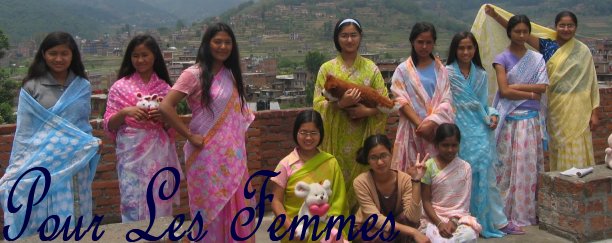LOVE AND FAITH OF A FILIPINO FAMILY
I am proud that I belong to this family. Loving and faithfulness is a tradition that is characteristic of Filipino society.
There are many faces and definitions of family around the world. But to us, Filipinos it’s the precious and significant people in our lives. It is family that lives together and stays together for lifetime. It inculcates world’s unique characteristic of hospitality, values and traditions that although ironically amusing, are uniquely extraordinary.
Most of the countries the family is patriarchal in nature, in which the father is the head of the family who carries out the decisions and orders in the house including the disciplining of the children. For a Filipino family it is both if the father don’t have work, the mother will work. The essence is of a Filipino is not about who should work and who will not work it is about helping each other to be able to live a good life at home and in the community.
Filipino children are already nurture while they are still young taught to do some household chores and other responsibilities especially the eldest one. He or she is mostly delegated the tasks to take care of his/her brothers and sisters in the absence of the parents.
The grandparents and extended relatives who are living with the family are treated as equal family members. They can use and share everything particularly clothing and accessories (in several cases, underpants). In return, they help do the tasks, chores and even finances with the host. There may have problems and misunderstandings, particularly jealousy among them, but they can always be relied on. And no matter what happens love and faith always prevail.
Many factors proved Filipino family’s love and faithfulness.
One is our respect to the elders. We are taught to respect those who are older to us.
Several symbolic ways in which respect is given to elders in the use of language by calling older Filipinos “PO” and older siblings, cousins, and family friends “Kuya”(Older Brother/Filipino Man) and “Ate”(Older Sister/Filipino Woman).
The most fascinating and ritualistic custom of showing respect to elders is of the greeting or salutation, the “MANO”. It is by taking the hand of the elders tho his/her forehead. The Philippines is the only country in Asia that holds this specific tradition and its origins evolved from the mixture of western and eastern tradition. The Mano [spanish for hand] evolved from the traditions of respect for ones elders which comes from asian cultures coupled with the respect for the clergy during the spanish occupation of the Philippines.
Wednesday, 4 November 2009
Subscribe to:
Post Comments (Atom)







.jpg)

No comments:
Post a Comment